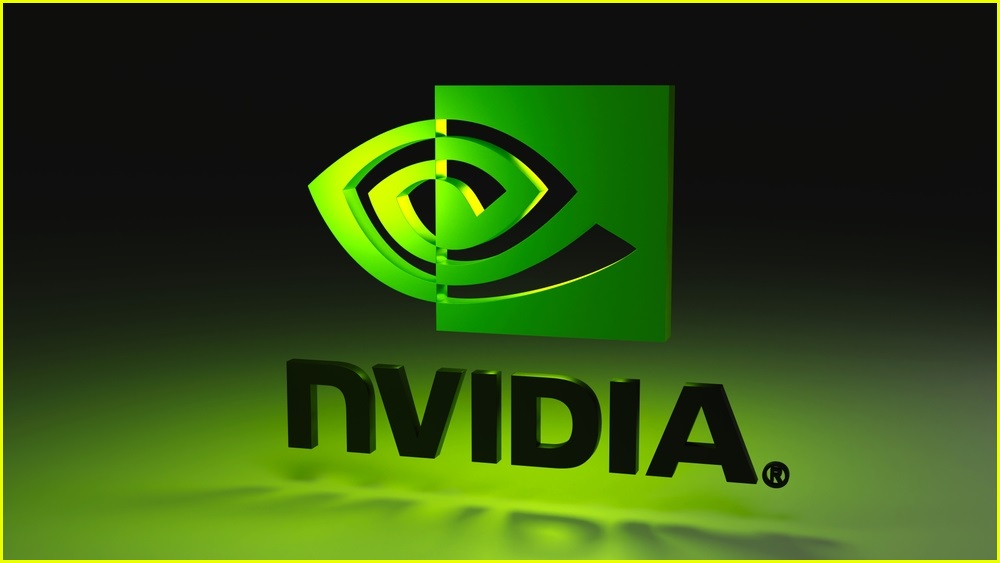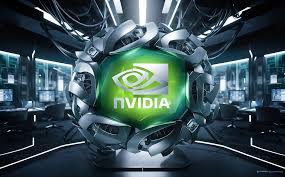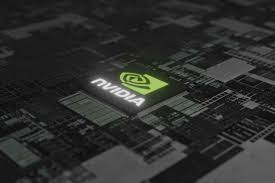
“Empowering the Future of AI: How Nvidia and Nebius Are Using the Cloud to Unlock New Funding Opportunities 2025”

In the fast-evolving landscape of artificial intelligence, innovation is no longer just a race for cutting-edge algorithms or deep learning breakthroughs. It’s increasingly a matter of infrastructure and accessibility. As AI models become more complex and computationally intensive, the costs of training and deploying them have skyrocketed—creating a growing barrier for startups, academic institutions, and even established enterprises.
But now, a new generation of cloud-native solutions, led by industry giants like Nvidia and emerging players like Nebius, is paving the way for more democratized access to AI development. By leveraging cloud infrastructure to minimize overhead costs and optimize computational efficiency, these companies are helping bridge the funding gap in AI and, in doing so, are reshaping the entire innovation landscape.
Colt DCS
The AI Funding Bottleneck

Funding for AI projects often follows a familiar pattern: Significant capital is poured into compute resources—GPUs, clusters, storage, and support—before even a proof of concept can be realized. For early-stage startups and academic researchers, this presents a major hurdle. While venture capitalists remain bullish on AI, they’re increasingly selective, prioritizing traction over potential, which puts innovators in a chicken-and-egg dilemma: They need results to get funding, but they need funding to get results.
This is where cloud infrastructure becomes not just a support system but a strategic equalizer.
Enter Nvidia and Nebius: A Strategic Alliance

Nvidia, already a cornerstone in the AI ecosystem with its dominance in GPU technology, has been steadily expanding its presence in cloud-based services. Nvidia’s AI platforms, like NVIDIA DGX Cloud and NVIDIA AI Enterprise, offer scalable, turnkey solutions that provide businesses with access to cutting-edge compute power without the need for on-premise investment.
Nebius, on the other hand, represents the next wave of cloud-native infrastructure providers. Spun out from Yandex and focused on creating high-performance, developer-friendly cloud environments, Nebius has been quietly but steadily gaining attention for its ability to offer cost-effective, AI-optimized infrastructure. Their stack is purpose-built for the unique demands of modern AI development—from model training to inference—making them an ideal partner for innovators working on constrained budgets.
Together, Nvidia and Nebius are creating a synergy that’s uniquely positioned to unlock value in the long tail of AI innovation.
Cloud as a Catalyst for Cost-Efficiency

The cost of training a state-of-the-art AI model has become a headline-grabbing figure in its own right. OpenAI’s GPT-4, Google’s Gemini, and Meta’s LLaMA all represent monumental investments—not just in talent but in computing.
However, the vast majority of AI innovation doesn’t happen at the hyperscaler level. Startups working on niche applications—AI for agriculture, accessibility, small business analytics, etc.—don’t have access to hundreds of millions in funding. They need an efficient, elastic infrastructure that scales with them.
Cloud-native AI platforms help mitigate those upfront costs by offering:
- Pay-as-you-go pricing for compute and storage
- Auto-scaling clusters that expand with workloads
- Pre-configured AI environments that accelerate development
- Optimized hardware like Nvidia A100 or H100 GPUs tailored to AI tasks
This not only reduces the funding burden but also accelerates time-to-market—an essential advantage in a competitive industry.
Democratizing AI Development

By lowering the entry barriers, Nvidia and Nebius are fueling a new wave of innovation across sectors and regions that were previously underserved by traditional VC funding models. -based access levels the playing field, enabling:
- Startups in emerging markets to build and train models without massive infrastructure
- Academic institutions to experiment at scale without breaking research budgets
- SMEs and corporates to integrate AI capabilities without becoming cloud engineering experts
It’s not just about technology—it’s about enabling inclusion in the AI revolution.
Enabling a More Sustainable AI Economy
There’s also a sustainability dimension to this approach. Centralized cloud infrastructure, especially when run efficiently at scale (and increasingly powered by renewable energy), is far greener than thousands of decentralized, power-hungry local data centers. This makes the AI development process more energy-efficient and more in line with ESG priorities—something both investors and regulators are paying closer attention to.
Nvidia’s investment in energy-efficient GPU architectures and Nebius’s focus on optimizing cloud resource utilization speak directly to this need.
Looking Ahead: The Future of AI Funding Is in the Cloud
AI is no longer a luxury project for elite labs and big tech. It’s a transformative force that’s touching every industry—from finance and healthcare to logistics and education. But to truly scale AI’s impact, we must remove the infrastructure and cost-related roadblocks that stifle early innovation.
Through strategic cloud partnerships like that of Nvidia and Nebius, we are seeing a new funding model emerge—not one dependent solely on venture capital, but one powered by accessible, affordable, and scalable compute.
In this new model, the cloud isn’t just a back-end solution—it’s the launchpad.
Final Thoughts
The collaboration between Nvidia and Nebius is a shining example of how cloud infrastructure can be a force multiplier for innovation. By making high-performance AI development more accessible, they are enabling a new generation of builders, thinkers, and entrepreneurs to turn bold ideas into real-world impact without needing millions in upfront funding.
As AI continues to evolve, the question won’t just be who has the smartest model, but who can afford to build and deploy it. Thanks to the democratizing power of the cloud, the answer to that question is becoming: everyone.






